BROADER HORIZONS
March 2022
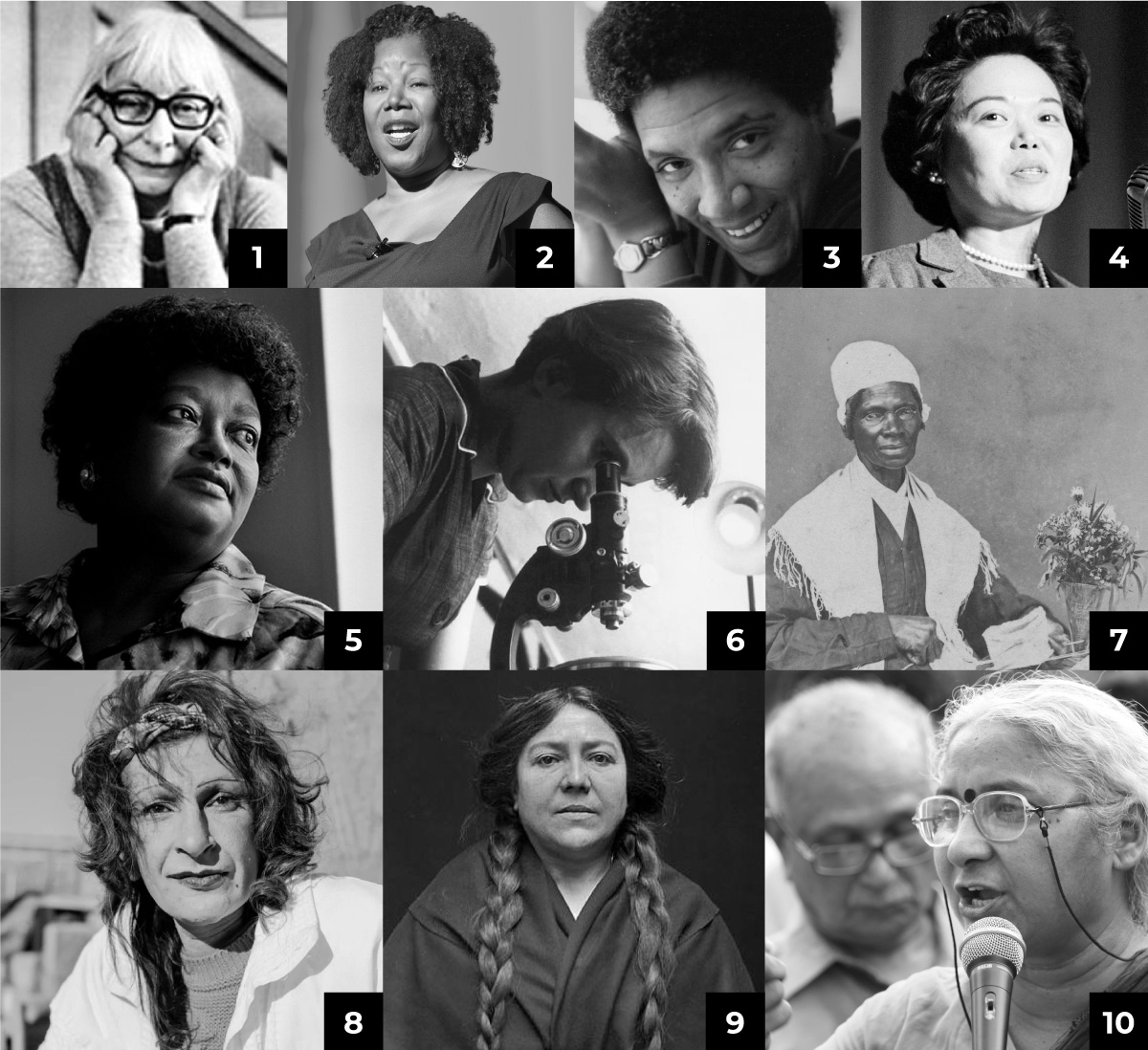
In month as it is in verb, March is the harbinger of hope.
It’s International Women’s History Month, and this year’s theme, “Women Providing Healing, Promoting Hope,” pays tribute to women throughout history who have fought to alleviate suffering in all its forms and contributed to the betterment of many generations.
Today, attention focuses on frontline workers, teachers, and caregivers, whose dedication puts them at a greater risk of experiencing poor physical and mental health themselves. The theme also recognizes figures of hope, both known and unknown. They include:
- Writer and Activist Jane Jacobs
- Civil rights Activist Ruby Bridges
- Poet and Activist Audre Lorde
- Congresswoman Patsy T. Mink
- Teenage Civil Rights Activist Claudette Colvin
- Chemist Rosalind Franklin
- Abolitionist Sojourner Truth
- LGBTQ Pioneer Sylvia Rivera
- Suffragette Marie Louise Bottineau Baldwin
- Activist Medha Patkar
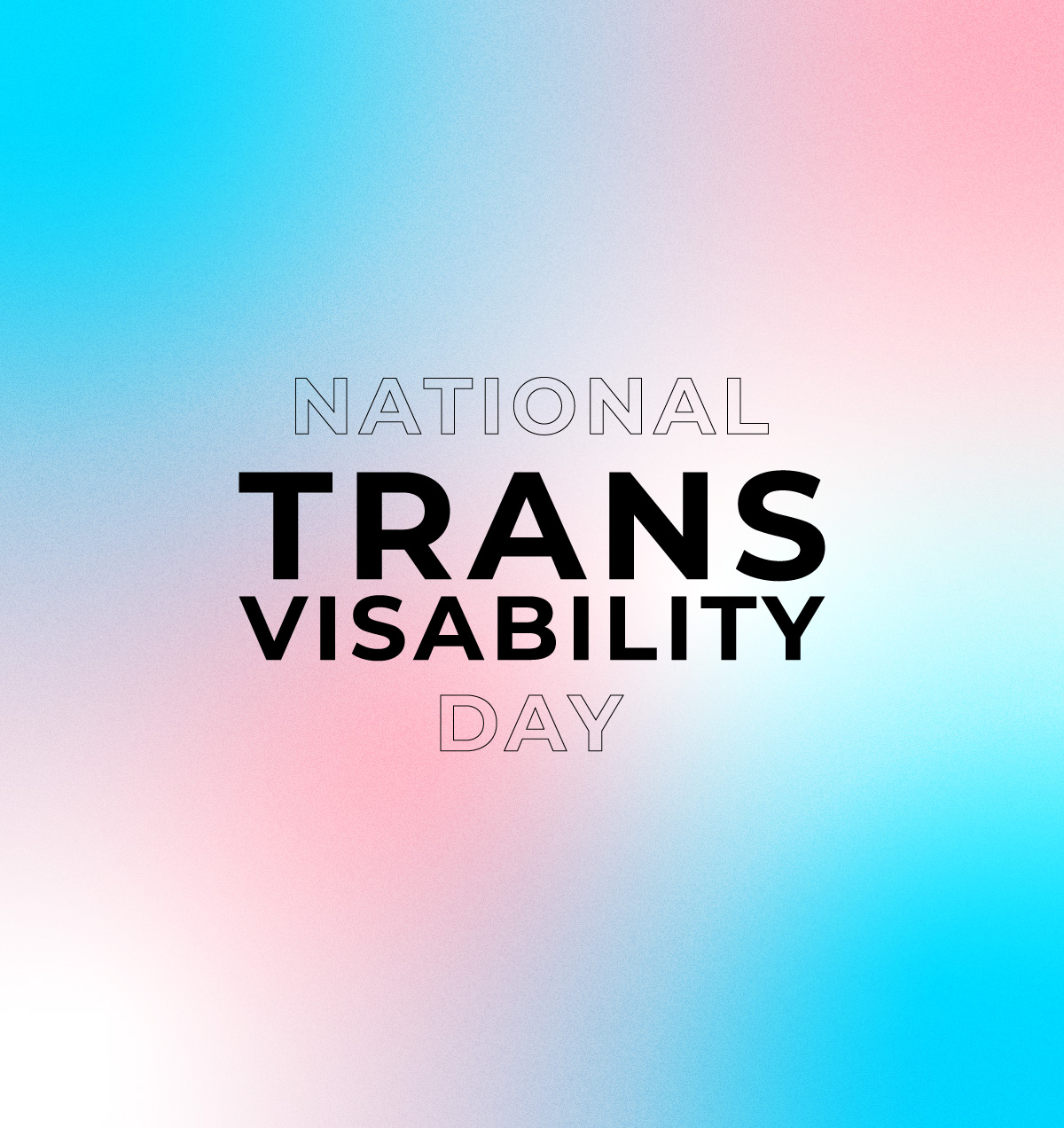
No darkness can eclipse International Trans Day of Visibility
Medical organizations overwhelmingly agree: having access to gender-affirming health care like hormones and reversible puberty blockers is crucial for the well-being of transgender youth.1,2 But medical standards and expert recommendations haven’t stopped some states from pursuing legislative measures limiting that crucial health care.
Most recently, Texas Governor Greg Abbot has condemed gender-affirming healthcare as “child abuse,” urging the state’s Department of Family and Protective Services to investigate parents who seek gender-affirming health care for their children.
The ACLU of Texas has filed a lawsuit seeking to block this statewide directive. Says ACLU policy strategist Adri Pérez, “No family should have to fear being torn apart because they are supporting their trans child.”
Organizations like OutYouth in Texas and OutFront Minnesota are fighting these attacks on equitable healthcare while providing youth and their allies with programs and services to ensure LGBTQ+ young people develop into happy, healthy, successful adults.
SIGN: Support Texas parents and children being attacked | Texas Freedom Network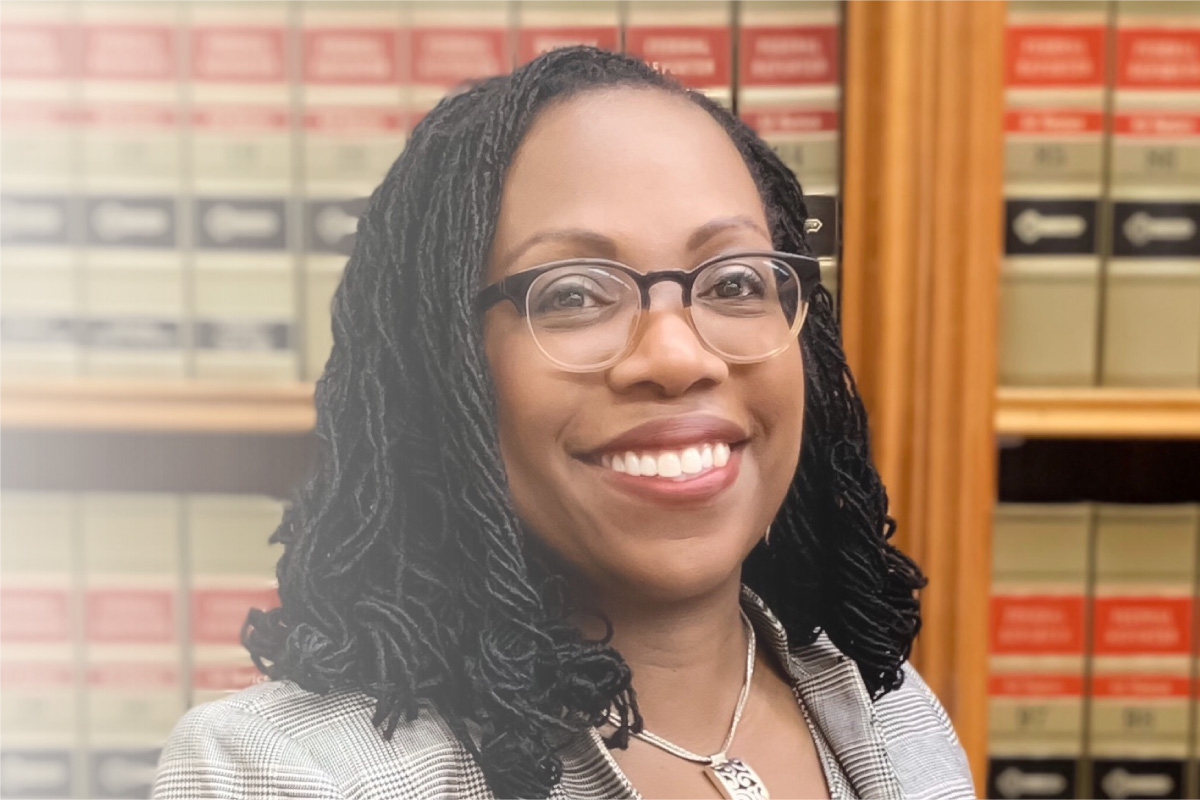
Overdue change ascends Supreme Court steps
Ketanji Brown Jackson is the first Black woman nominated to the United States Supreme Court. Of the 115 justices who have served since its 1789 creation, only seven have not been white men – with Judge Jackson poised to be the eighth.
Who is Ketanji Brown Jackson?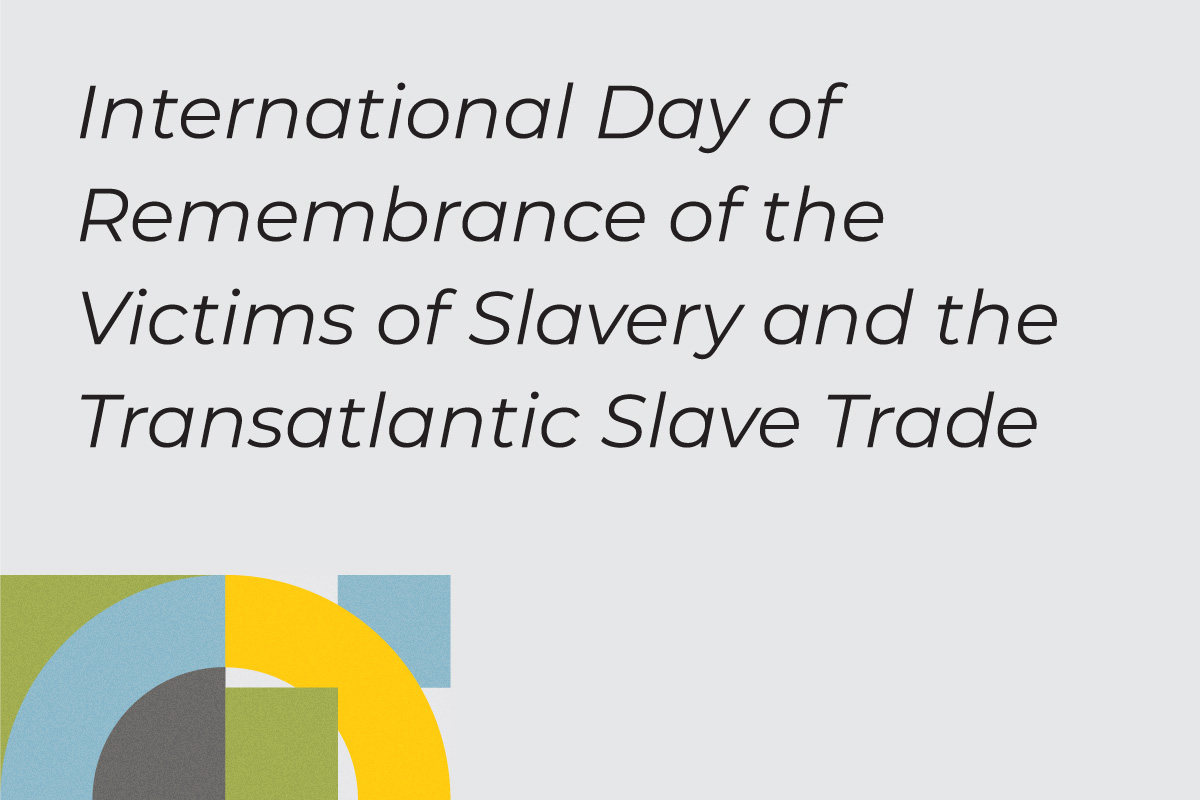
Forgotten no more: Women who fought their enslavers
When we talk about American slavery, we tend to focus on the events that transpired at the slaves’ designed destination. But on March 25, the world will observe International Day of Remembrance of the Victims of Slavery and the Transatlantic Slave Trade in recognition of the unthinkably violent means by which they arrived.
While historian Rebecca Hall researched a novel in memory of her grandmother, a former slave, she found astounding evidence that contradicted the prevailing narrative of male-led slave resistances.
Read More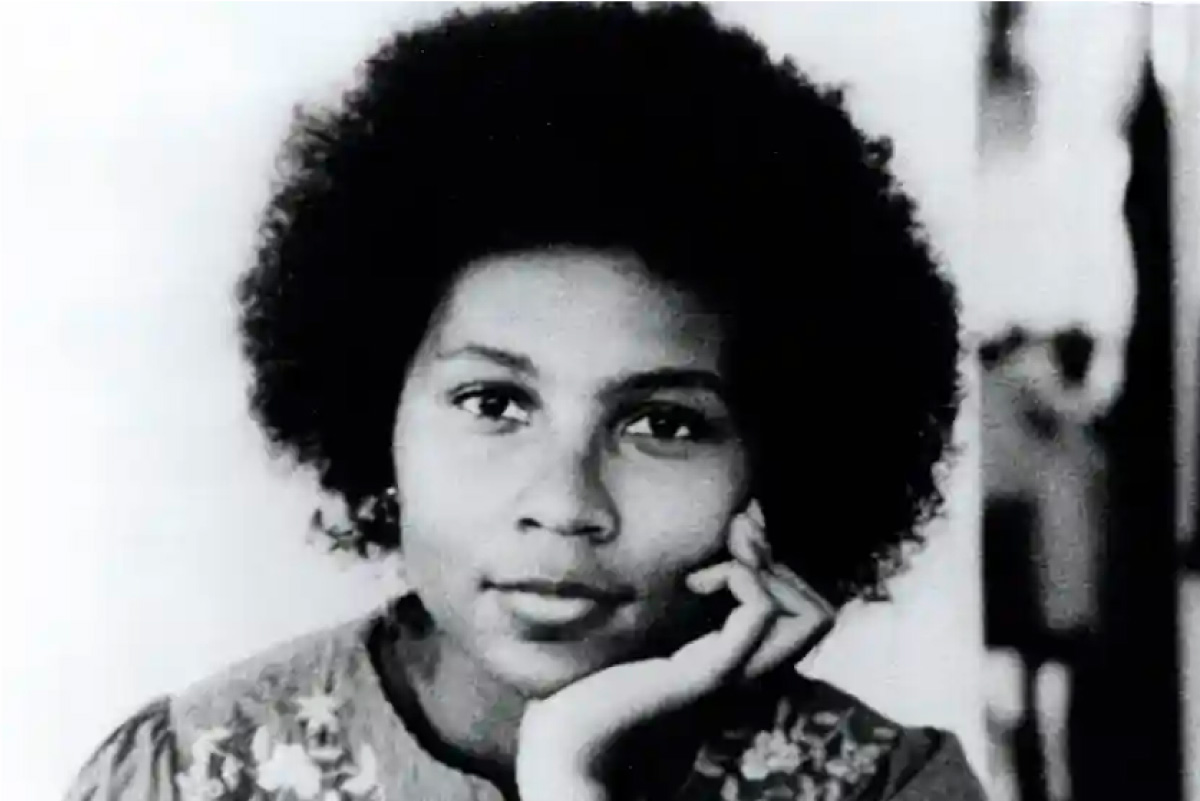
Remembering bell hooks
This year’s Women’s History Month will be the first March without the late author and social activist Gloria Jean Watkins, better known by her pen name bell hooks. The idea of intersectionality, a guiding principle of this very project, is in part a product of hook’s writing.
Coined by law Professor Kimberlé Crenshaw and explored extensively almost a decade prior by hooks, intersectionality is an analytical framework that recognizes social classifications like race, gender identity, class, and sexual orientation are interconnected. In believing so, we acknowledge that a person’s various identities converge to create different modes of discrimination and privilege – a reality that can be leveraged to enact positive change.
READ: The Wide-Angle Vision, And Legacy, of bell hooks | NYT
‘Teachers’ working conditions are students’ learning conditions,’ say Minneapolis educators
As of March 8, Minneapolis educators after the Minneapolis Federation of Teachers (MFT) and Minneapolis Public Schools (MPS) could not reach a contract agreement, unlike St. Paul. The last Minneapolis teacher’s strike was over 50 years ago, at which time it was illegal under Minnesota state law for public employees to strike. Teachers did not receive the pay increase they demanded, but it did prompt lawmakers to legalize collective bargaining for public employees — the very right being exercised today by MFT.
According to MFT president Greta Callahan, the union’s top priority is ensuring a living wage for support staff — like teacher’s aids, secretaries, bus drivers and janitors — as well as smaller class sizes and a social worker at every school.
Though the hiatus from classroom learning will upend the routines of over 29,000 students, teachers and parents alike recognize the strike is in service of much-needed competitive transformations to MPS. Child-care, meals, mental health services, online learning activities, and other support services will still be available.
READ: Mpls. Teachers Begin Strike After Talks Fail | NYT
SIGN: Petition in support of MFT demands | The Action Network
Where national topics meet local Twin Cities businesses, events, and opportunities.
SHOP
HELP
Individual Strike Solidarity with Minneapolis Federation of Teachers
MFT Local Strike 59 Fund | Working Partnerships
Making Afghan families feel at home in MN | Alight
Women For Political Change | WFPC MN
Unmissable Monthly Miscellany:
PLAY: Online Solitaire – National Women’s Hall of Fame Version
LISTEN: 50 Great Female Voices | Spotify Playlist
WATCH: Revolutionary Women! | TED Talk Playlist
~Mystery Article of the Month~
Back to home